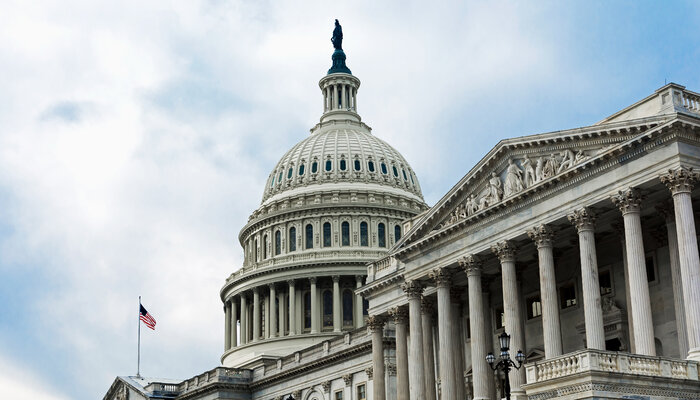This was first published by The Hill.
The race for Speaker of the House has made commentators wonder how the majority can govern the 118th Congress. The Republicans have only five more seats than the Democrats, a narrow margin that would make the prospects for collaboration bleak even if the GOP’s own divisions weren’t a factor. Members must break down the barriers between and within the parties if it is to accomplish its most basic functions this session. That might sound impossible in today’s climate, but Congress has a rich vein of collaboration that it can mine: the committee system.
In my study of congressional committees, I’ve found that they have been indispensable in building the atmosphere necessary for cooperation and helping legislators find common ground. Some members and staff on the hill may take a cynical view of hearings, “codel” trips (when bipartisan groups from committees travel for educational and investigative purposes), and other aspects of committee membership, but the 118th Congress can’t afford not to take full advantage of these opportunities.
Each congressional committee includes members from both parties, and they represent one of the only institutionalized venues for bipartisan interaction in Congress. Increasingly, the committees are one of the best venues for a party’s different factions to interact. I interviewed dozens of members and staff for my forthcoming book, and many pointed to committee hearings specifically as crucial to learning and connecting with members of the other party. The questioning and interaction between committee members and witnesses help members understand where their colleagues’ views might overlap.
One staffer for a senator on the Senate Foreign Relations Committee told me that, as a result of attending a hearing about a position for “women’s issues” within the State Department, her boss identified members from both parties who cared about this position — and then she could work with them to protect this job. These were members she had not previously thought of as partners in this work.
Another personal staffer for a Democratic senator on the Senate Foreign Relations Committee told a story of a bipartisan bill to create a Senate Select Committee on Cybersecurity. He explained that, during the hearings, his boss noticed that a Republican senator “was vocal about cyber,” asking a lot of questions about the issue. A few months later, “we introduced a bill for a select committee on cyber. That bill came out of seeing [that Republican senator] question cyber issues and seeing he was interested in it.”
My interviews with committee members and staff showed that the hearings that do not pertain to specific pieces of legislation or impending votes and are instead focused on general education about a policy issue can be particularly effective in fostering members’ learning about specialized topics. As one member of the House Science Committee explained, “if you are talking about the far future, you can act in a much more bipartisan way. When you are talking about next year’s budget or tribal issues like climate change, you immediately go into parties.”
Members of the 118th Congress should also take advantage of “codels” and field hearings that take them outside the echo chambers of divisive politics. Some dismiss such trips and hearings outside of Washington as junkets, but they represent a rare opportunity for members to spend time together. Most members have few chances to build relationships outside the rancorous halls of Congress.
Dick Lugar, whom I interviewed before he died, talked about the benefits of codels. The former Republican senator recalled that President Obama had been a junior senator on the Senate Foreign Relations Committee when he was chair. Lugar remembered that, “very frequently when the committee met and there were lots of things going on, members disappeared and Barack Obama and I as chair were the only members left … One time, I congratulated Barack on being there until the end and raising his questions. And he reciprocated by saying, ‘I know you go to Russia every August; I’d like to go with you this year,’ which he did. We had a remarkable trip together.”
The two maintained a fruitful working relationship and friendship across party lines for years, up until Lugar’s passing in 2019. I heard many such stories about codels. One Democratic Congressman recalled being in a submarine under the North Pole with a prominent Republican Congressman, joking that they had lots of time to talk.
Of course, committee work is no silver bullet. Partisanship and factionalism will continue to plague this Congress, and the operation of its committees are no exception. But leaders of the 118th Congress can lower the temperature by doubling down on the areas of committee work that facilitate cooperation.
Committees should lean into their agenda-setting role and hold more hearings, particularly on new topics that have not yet been colored by partisanship.
As they set their agendas for the next Congress, newly appointed committee leadership should plan codels and other trips outside of Washington to encourage relationship building. The 118th Congress must work together to ensure that the essential business of American government moves forward. The committee system has the potential for collaboration — members just need to seize it.






